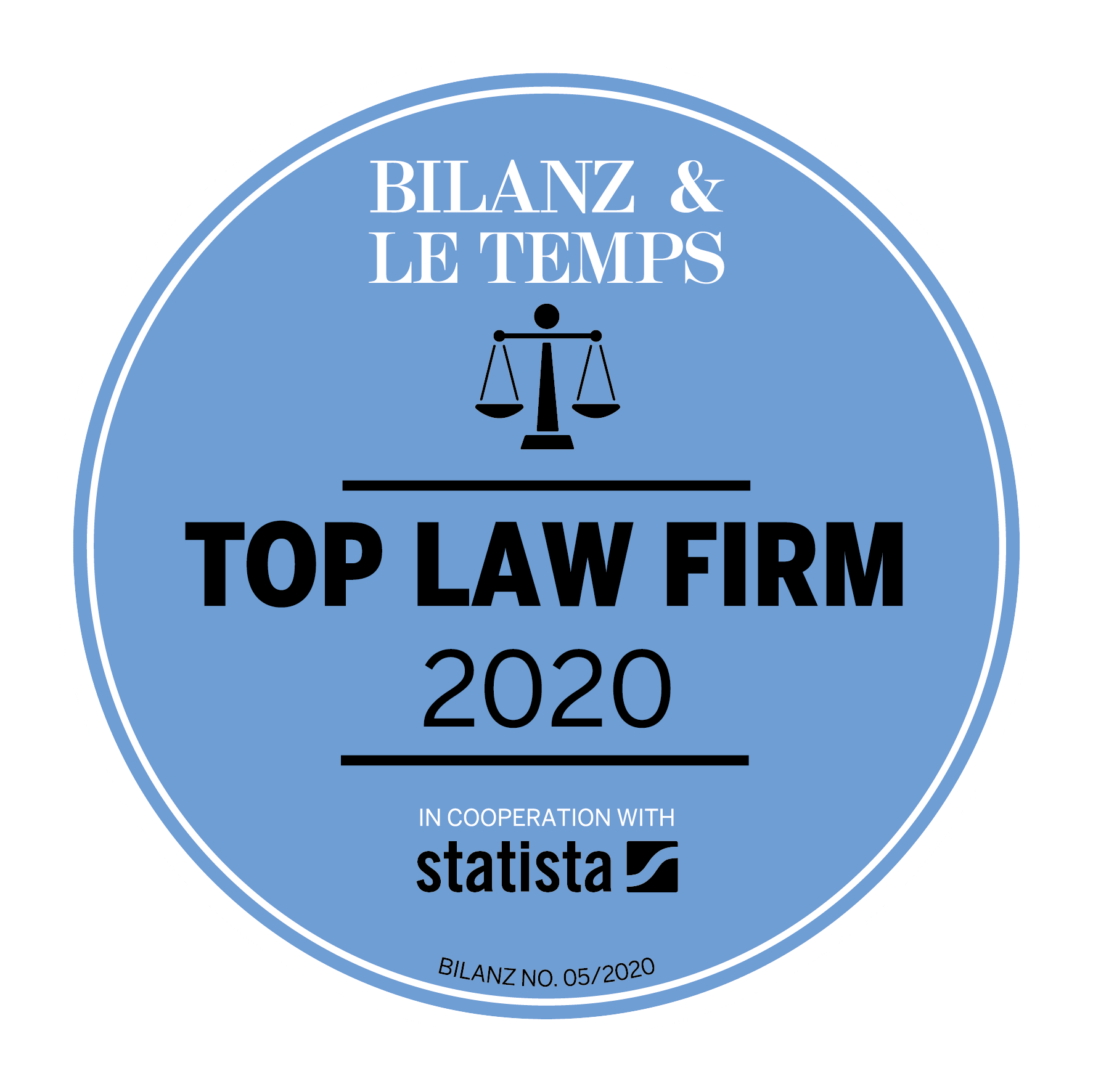Planned implementation of Tax Proposal 17 in the Canton of Zug
The Canton of Zug will implement the TP 17 as already described earlier in connection with the Corporate Tax Reform III provided it will be adopted as proposed in the dispatch of the Federal Council. In particular, the following measures will be implemented:
- Abolishment of the privileged taxation status for holding, domiciliary and mixed companies
- Reduction of the corporate income tax rate to around 12% (including direct federal tax, today it amounts to approx. 14.5%)
- Introduction of a patent box regime on cantonal level with a maximum relief of qualifying income of 90%
- Support for research and development with an additional R&D deduction of 50% (this would also apply to contract R&D performed in Switzerland)
- Limitation of maximum relief in case of combining these measures to 70%
- Relief in connection with capital taxes in connection with participations, patents and comparable rights
- Taxable quota of qualifying dividend income of individuals increased to 70% (currently 50%)
The increase of child and education allowances envisaged by the Federal Council is not relevant for the Canton of Zug since the allowances already exceed the minimum required amount. Despite support from the Canton of Zug (and of course from other cantons such as the Canton of Zurich), the Federal Council has not included a notional interest deduction in connection with high quotas of equity financing in the proposal. There is still the possibility that this useful instrument will be included in the reform package in the course of the parliamentary discussion. The same applies to the inclusion of software as a qualifying right for the patent box regime. Especially in Switzerland, which is otherwise so innovative (see among other things the work on a new FinTech license and political support of crypto companies), the exclusion of software from the patent box regime does not appear to be appropriate.
Effects on the tax revenues of the Canton of Zug
The Canton of Zug intends to implement all potential measures offered by the TP17 in order to maintain its attractiveness as a business location. With also lowering the corporate income tax rate to approx. 12% it is generally expected that the Canton of Zug will be among the winners of the TP17. Despite all the changes the implementation of the TP17 should overall be revenue-neutral. This means that the various increases and decreases in revenue, including indirect consequences from the amendments of the National Financial Equalisation Act (NFA), should approximately balance out each other. “It is important to the Cantonal Government that the TP17 does not transfer tax burdens from companies to individuals” emphasizes Mr Heinz Tännler, Head of the Department of Finance.
Next steps
Depending on the further progress on federal level, the Cantonal Government will open the consultation procedure regarding its cantonal implementation of the TP17 as soon as possible. It is currently expected that the consultation this will take place between April and August 2018. The Cantonal Parliament is expected to discuss the proposal in the first half of 2019 for entry into force by 2020. The Head of the Department of Finance of Zug now appeals to the Federal Parliament to adopt the proposal quickly so that the necessary legal certainty can be achieved.
The content of this newsletter does not constitute legal or tax advice and may not be used as such. If you need advice with regard to personal circumstances, please reach out to your contact person at Reichlin Hess AG or to the authors of this newsletter.
Our tax advisors would be happy to support with any questions you may have regarding this topic (please see here a short description of our services offered).
